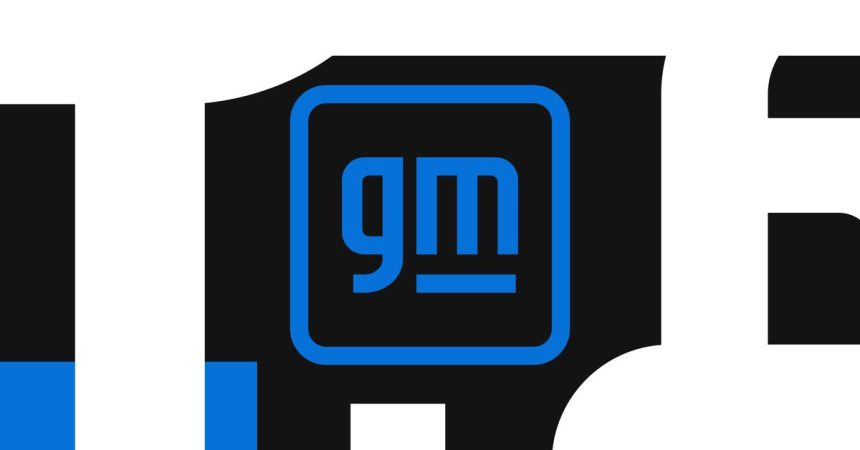The significant development in battery production for electric vehicles (EVs) is underway in Lansing, Michigan, where Ultium Cells LLC—a collaborative venture between General Motors (GM) and South Korea’s LG Energy Solution—is nearing completion of a factory. In a forthcoming change, LG will take sole ownership of the Lansing factory, which was part of an initial non-binding agreement. This strategic maneuver allows LG to control production at the facility and sell batteries to various customers, expanding its market reach. Meanwhile, GM, which initially invested in the facility to bolster its EV endeavors, is set to recuperate its $1 billion investment. This transition is crucial for both companies as they continue to accelerate their operations in the rapidly evolving EV market.
GM and LG have a history of collaborative ventures, particularly in battery production. They share facilities in Warren, Ohio, and Spring Hill, Tennessee, where they manufacture batteries specifically for GM’s electric vehicles, such as the Cadillac Lyriq and Chevrolet Equinox. Additionally, GM has entered into a separate joint venture with Samsung SDI to operate another battery plant in New Carlisle, Indiana. With LG taking the reins of the Lansing plant, GM’s direct ownership of battery factories in the U.S. will be reduced to three, although this consolidation strategically positions GM to foster deeper partnerships with battery producers while ensuring a more streamlined operational model.
In light of these changes, GM reports that it is on the brink of achieving profitability in its electric vehicle segment—a promising indicator in an industry that has faced numerous challenges. Paul Jacobson, GM’s Chief Financial Officer, emphasized the company’s commitment to maximizing production efficiency while meeting the growing demand for electric vehicles. He noted that the evolution of battery manufacturing is integral to GM’s strategy to align closer with market needs and enhance operational efficiency, reinforcing the idea that this agreement will create a more agile production framework moving forward.
Automakers are increasingly exploring diverse battery technologies to improve energy capacity and efficiency. In this context, GM and LG announced their intention to develop prismatic battery cells, which are distinct from traditional cylindrical cells. Prismatic cells are designed to be packed flat in rigid cases, offering higher energy capacity and generally presenting fewer manufacturing complexities. This innovation could play a pivotal role in enhancing the performance and scalability of GM’s EV lineup, effectively addressing consumer demands for longer-range and more efficient vehicles.
The decision to allow LG to exclusively manage the factory in Lansing highlights GM’s dedication to optimizing its business operations while remaining responsive to the fast-paced nature of the electric vehicle landscape. By reallocating resources and forming strategic partnerships with established battery manufacturers, GM is positioning itself for long-term success in a market characterized by increasing competition and evolving technological demands. As the automotive industry transitions towards electrification, such maneuvers by GM not only reflect a commitment to innovation but also a necessity rooted in the changing dynamics of consumer preferences and regulatory frameworks regarding emissions.
Ultimately, the partnership with LG Energy Solution and the focus on prismatic battery cell technology signify a crucial step in GM’s transition towards a sustainable future. By leveraging the capabilities and resources of its partners, GM aims not only to fortify its position in the EV market but also to contribute to the broader goal of sustainable mobility. As the EV sector continues to gain momentum, strategic collaborations like this will be essential for ensuring the availability of advanced battery technologies that meet both current and future demands in a competitive marketplace.



